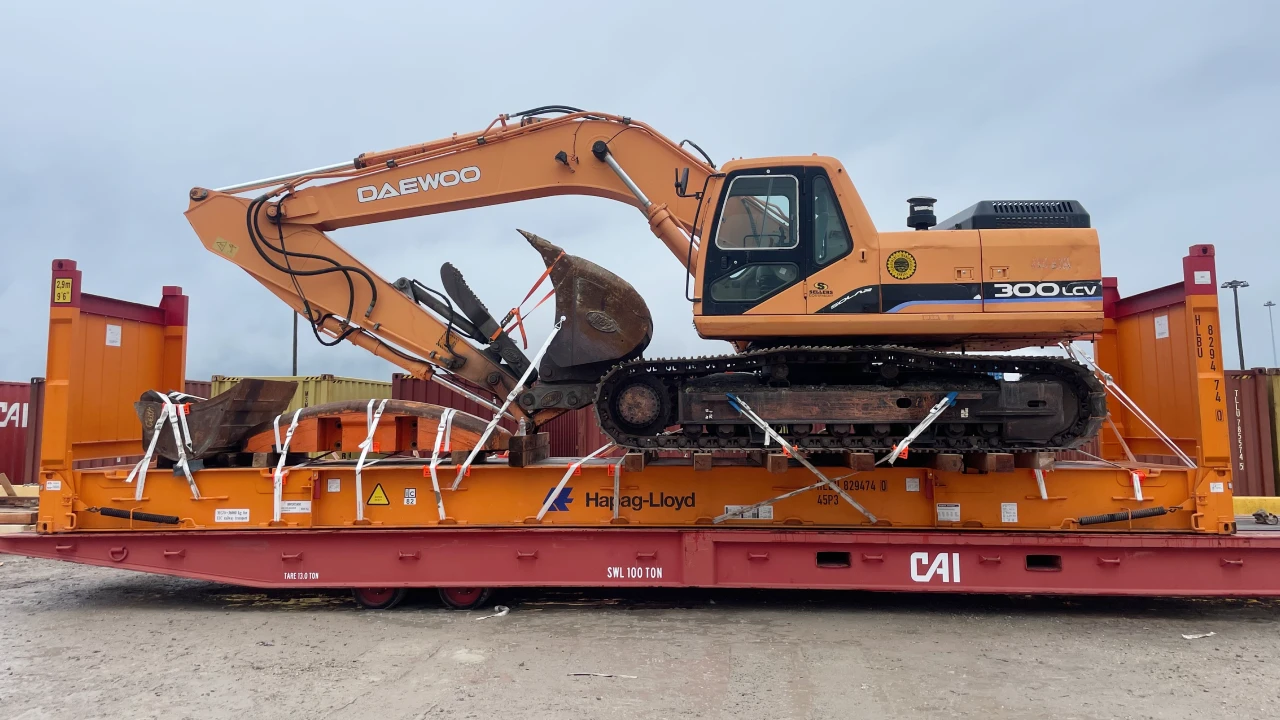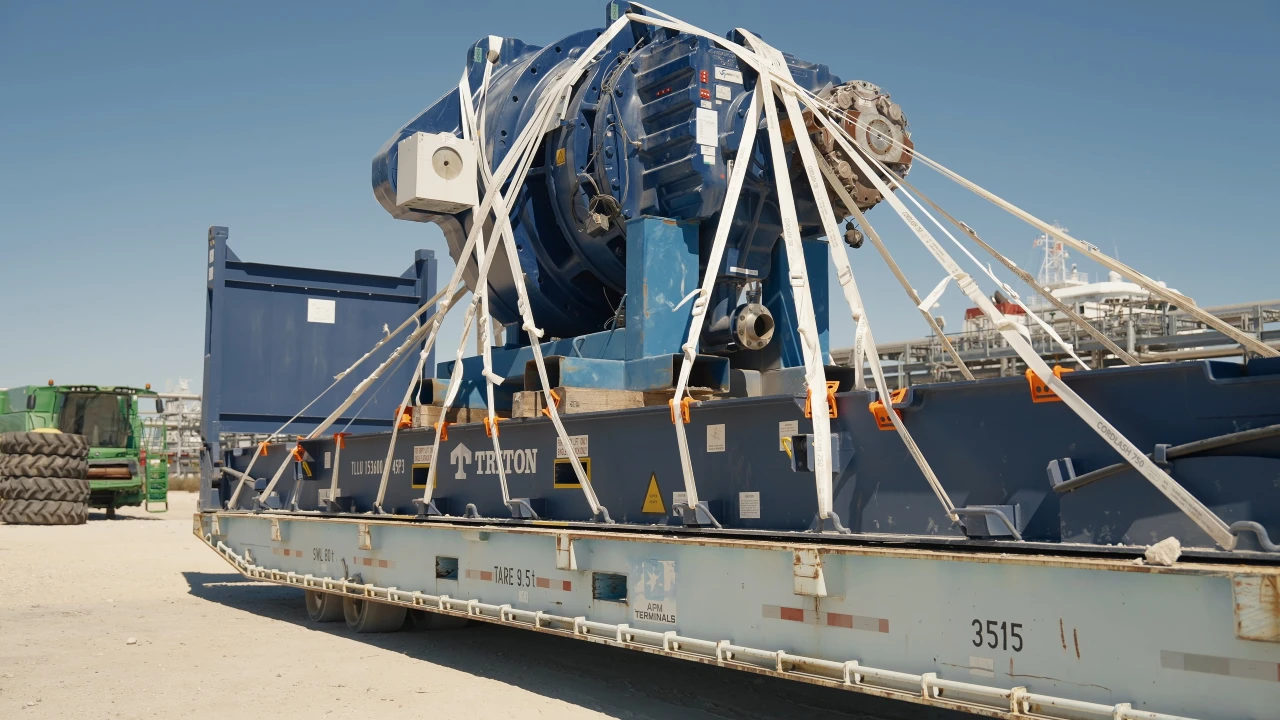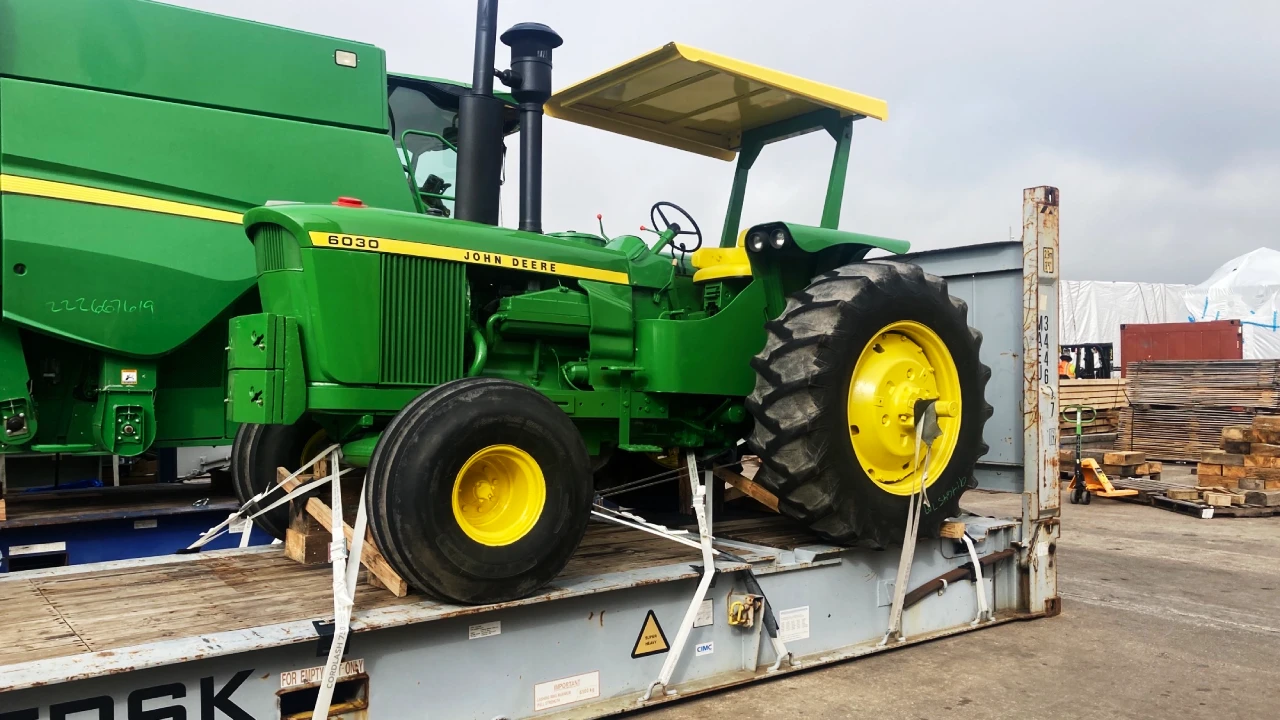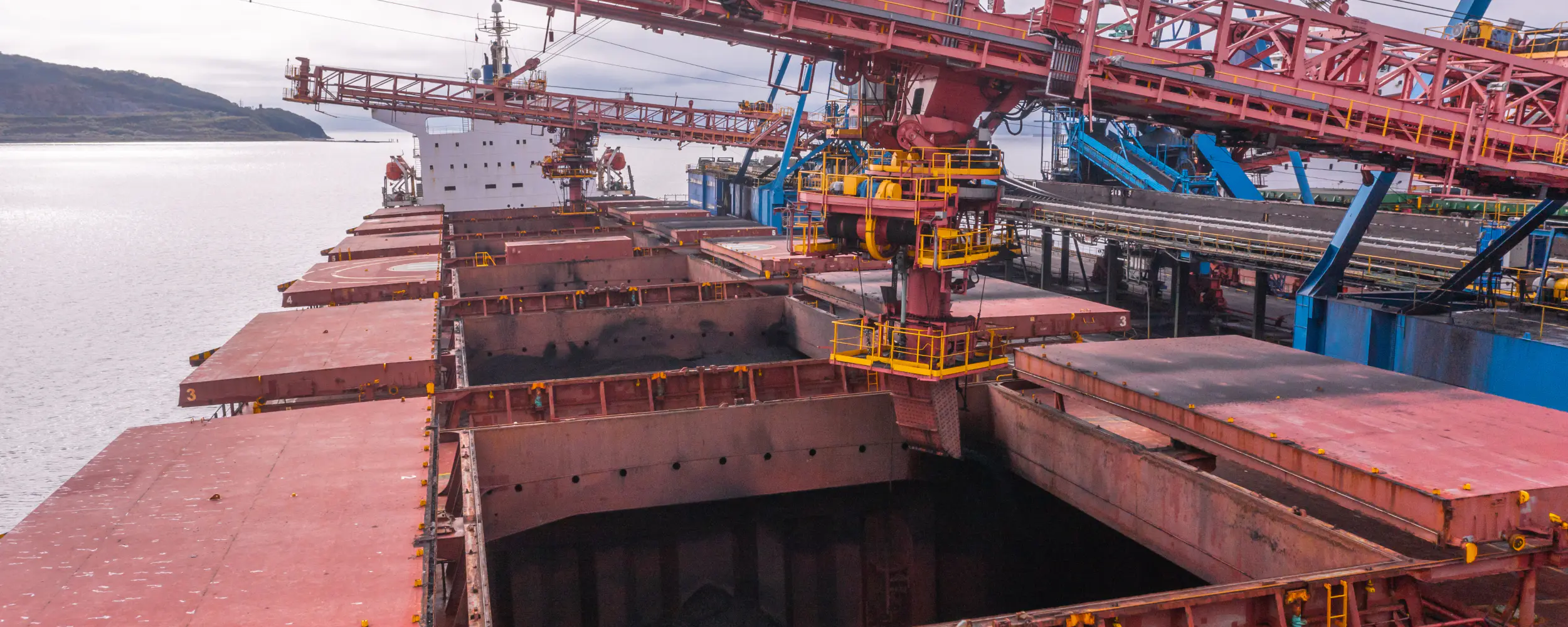
Cargo fumigation is a crucial process in the logistics and shipping industry, involving the application of chemical products or fumigants to protect goods from pests and contamination during transit. This treatment is essential for maintaining the integrity of a wide range of commodities, especially in agricultural and wood products, ensuring they remain pest-free and comply with international health and safety standards.
Why is Cargo Fumigation Necessary?
Cargo fumigation is an essential decontamination process aimed at eliminating pests, parasites, and insects that may infest shipping containers. This process is particularly crucial when containers are loaded with wooden packaging units like crates or pallets, as it significantly reduces the risk of contamination.
Fumigation, using gases like methyl bromide and phosphine, is typically done before the ship departs its port of origin, ensuring the elimination of pests like termites, mites, and specific moths and beetles.
Countries such as Chile, Argentina, Brazil, Australia, and New Zealand have stringent requirements for cargo fumigation, often due to concerns about protecting their native ecosystems and agricultural sectors from non-native species like the Brown Marmorated Stink Bug (BMSB). You can read more about BMSB in our article: “Target risk countries for the BMSB.”
Compliance with international regulations like the IMO International Maritime Dangerous Goods Code and national laws underscores the necessity of fumigation for safe and compliant international shipping.
The Process of Fumigation
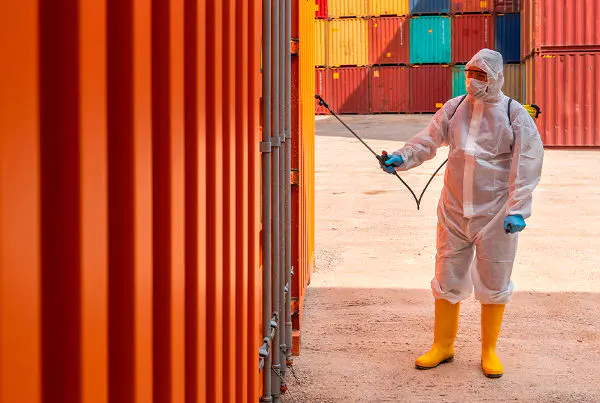
The fumigation process is a meticulous procedure that involves several key steps to ensure effectiveness and safety.
- Initially, the cargo is securely enclosed, either within a container, under gas-proof tarps, or in a fumigation chamber. This containment is crucial to prevent the escape of fumigants and to maximize their impact on pests.
- Once the cargo is enclosed, fumigants are introduced. These are usually chemical compounds that, at specific concentrations and temperatures, turn into gas. Common fumigants include Methyl Bromide and Phosphine, selected based on the cargo type and the pests targeted. The fumigant gas penetrates the cargo, effectively exterminating or neutralizing pests.
- The duration of exposure varies depending on the fumigant and pest type, usually ranging from several hours to a few days.
- After the fumigation, a crucial step is the ventilation of the cargo space to remove any residual fumigant, ensuring that the goods are safe to handle and transport.
The entire process is closely monitored to adhere to safety and environmental regulations.
Types of Fumigation
In cargo shipping, several fumigation methods are employed, each serving a specific purpose and offering distinct benefits.
Container Fumigation
This method is used for goods packed in shipping containers. The container is sealed, and fumigant gas is released inside. This method is highly effective for bulk goods and ensures pests within the container are eradicated.
Stack Fumigation
Often used for agricultural products like grain, this method involves fumigating large stacks of goods under a gas-proof cover. It’s beneficial for treating large quantities simultaneously and is efficient in penetrating deep layers of bulk products.
Chamber Fumigation
Goods are placed in an airtight chamber, and fumigant is introduced. This method offers precise control over fumigant concentration and exposure time, making it suitable for delicate or high-value items.
In-transit Fumigation
This unique method involves fumigating goods while they are being transported, especially in ships. It’s advantageous for long transit times, ensuring that goods remain pest-free upon arrival.
Each fumigation method is chosen based on the nature of the cargo, the extent of infestation, and logistical considerations, ensuring optimal efficacy and safety.
When Cargo Fumigation Might Be Not Necessary
Protecting our planet from the scourge of invasive species is vital, and the UN’s International Plant Protection Convention (IPPC) plays a crucial role in this mission. Throughout its ISPM-15 standard, the IPPC sets regulations to prevent invasive pests and diseases from hitchhiking borders on wood packaging materials.
According to “Guide to the Regulation of Wood Packaging Material” by FOA, exempted articles include:
- Press wood pallet
Made from compressed wood byproducts like sawdust and wood shavings - Wood packaging made entirely of processed materials
Plywood, veneer, and oriented strand board are examples of processed wood - Barrels carrying wine and spirits that were heated during manufacture
The heat treatment process effectively eliminates pest threats - Euroblock pallet blocks (wood fiber)
These blocks used for constructing Euro pallets, are made from compressed wood fibers - Small wood components permanently attached to freight vehicles and containers
These typically include dunnage and bracing materials
How Atlantic Project Cargo Can Help
Atlantic Project Cargo provides specialized export cargo fumigation services, crucial for meeting international shipping standards, to mitigate the infestation of pests such as termites, mites, moths, beetles, and the Brown Marmorated Stink Bug.
These preventive measures, typically applied before a ship’s departure, align with the unique fumigation regulations of countries worldwide, including Latin America, Australia, and New Zealand.
Adhering to international guidelines like the IMO Code, Atlantic Project Cargo’s fumigation services ensure cargo safety and compliance, making them a trusted partner in the global shipping industry, upholding the integrity of international trade.
Additional Services Offered by Atlantic Project Cargo
Atlantic Project Cargo specializes in handling the complexities of both domestic and international transport for heavy and oversized equipment. Our services extend beyond mere shipping, providing comprehensive solutions such as worldwide valid cargo insurance, thorough customs brokerage services, including Temporary Importation under Bond (TIB) assistance, Importer Security Filing (ISF) proficiency, and seamless end-to-end management. Additionally, we offer dismantling of equipment and container loading services.
At Atlantic Project Cargo, we’re your reliable partner for handling all customs and managing international heavy and oversized freights. You can reach out to our dedicated team at +1 (305) 224-1975 or email us at [email protected].
Read More
